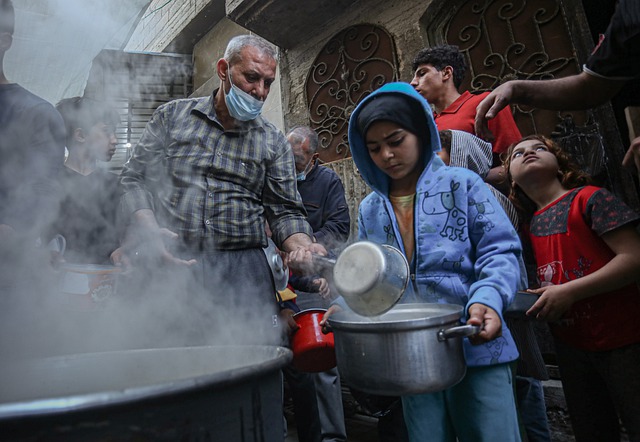
The Palestinian Authority (PA) was established in 1994 as a temporary, independent body for the governing of the Palestinian Territories. The permanent governing body that was intended – within a five-year period of negotiations – to supersede the PA has, however, not yet materialized.
The impact of the occupation on the Palestinian economy
Despite the PA’s successful implementation of economic and security reforms, and although the state of Israel has recently eased movement and access restrictions, the occupation continues to erode the productive capacity of the West Bank economy. Israel’s continuous expansion of settlements, the erection of temporary and permanent checkpoints, and of the Separation Wall continue to limit the possibility for the establishment of Palestine as a feasible state.
The Palestinian Territories are losing $3.4bn per annum of GDP as a result of the occupation, a UN report (UNCTAD) of September 2016 has noted. Without the Israeli occupation, the report noted, in September of 2016, the Palestinian economy could be twice its existing size. The UN report of September 2016 noted that Palestine has become a ‘captive market’, trapped in an asymmetrical trade dependence upon Israel. 55% of Palestinian trade occurs with Israel compared with just 3% of Israeli trade with Palestine. The disproportionate importation of Israeli products, which are heavily subsidized and tend to be higher quality than Palestinian products, is severely damaging the Palestinian economy.
Palestinian Workers in Israel
Poverty remains widespread in the Palestinian Territories and unemployment has led to increasing numbers of Palestinians seeking Israeli work permits in recent years. Although efforts have been made to facilitate the employment of Palestinians in Israel as members of the workforce, the vast majority are outsourced, as well as some illegal workers. Commerce, construction, manufacturing, and, in particular, agriculture continue to suffer increasingly from the outflow of the Palestinian labor force.
Agriculture in Palestine
With land, the root of the conflict between Israel and Palestine, control of areas of land, and access to key resources is a significant factor in the struggle of Palestine’s predominantly agricultural economy. Employing up to 90% of the population, agriculture sustains both internal sustenance, and the country’s export economy.
However, widespread confiscation of land for settler and military use by Israel, as well as for nature reserves, and archeological preservation and excavation projects, has resulted in the sector’s sustained decline. With Israel controlling over 60% of the West Bank, Palestine is stripped of important natural resources. Consequently, agricultural output has subsided in the past few decades to become the most impoverished sector of Palestine’s economy.
High-Tech Sector in Palestine
On the other hand, the West Bank, and the newly emergent high-tech sector in Ramallah, has benefitted from proximity to Israel through its engagement with the country’s importation of European and American products and services. However, restrictive measures implemented by the state of Israel on telecommunications operators in the West Bank have had, according to a West Bank survey of 2016, a considerable negative effect on Palestinian networks. The import of technology for Palestinian ICT companies is severely restricted, and mobile broadband access limited.
Operation by Palestinian companies in territory under Israeli military administration is prohibited and in many cases, Palestinian operators must access international links through Israeli companies. Insufficient regulation also limits the development of the sector. Israel refuses to allow an independent regular for the Palestinian Territories and continues to facilitate the operation of unauthorized Israeli companies in the Palestinian market.





